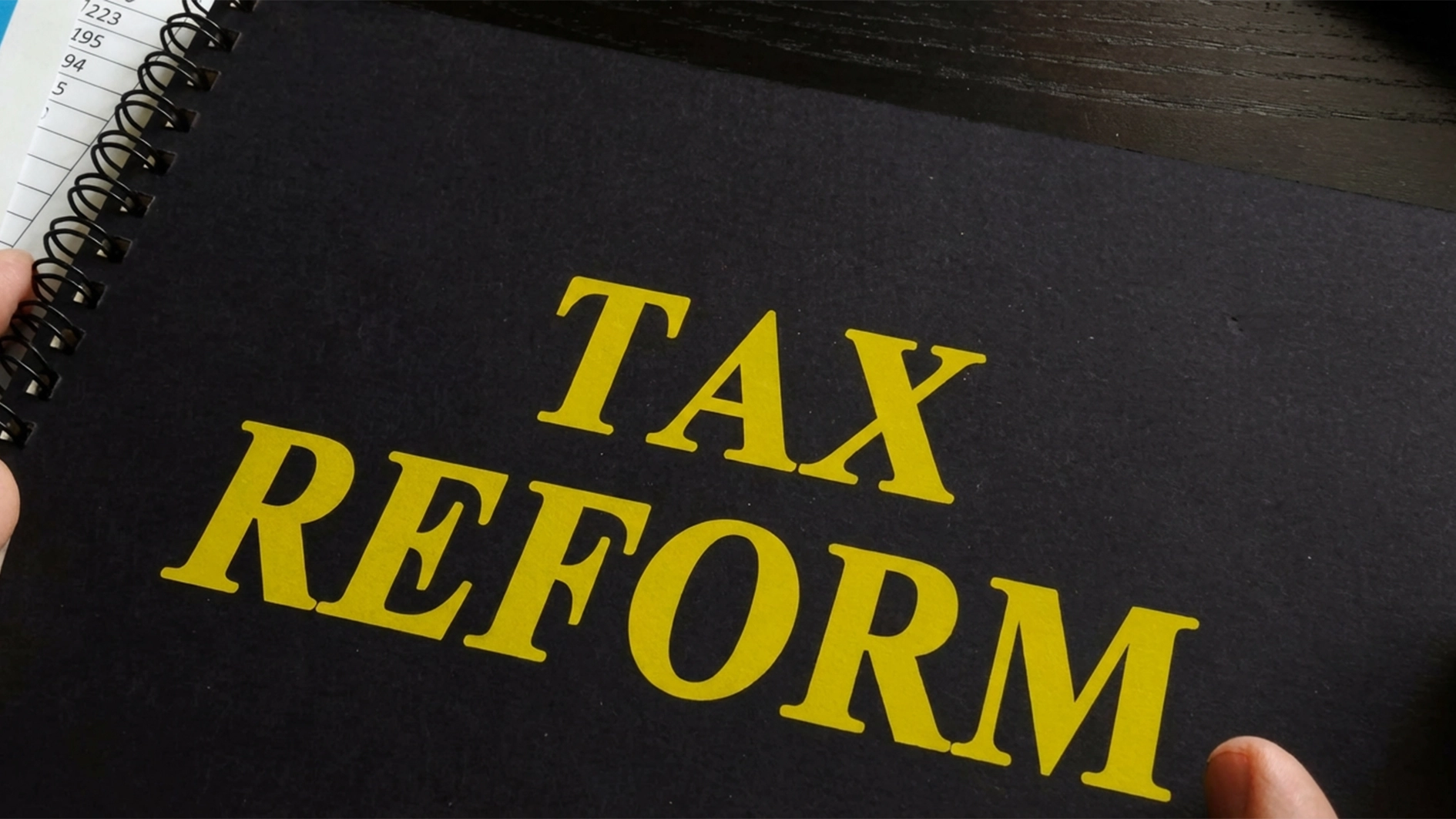•ICSAN advocates ethical adoption to drive development
Artificial intelligence (AI) could increase global cross-border trade by nearly 40 per cent by 2040.
But that would only happen if the right policies are in place to bridge the digital divide.
This is according to the World Trade Organisation’s (WTO) 2025 World Trade Report released yesterday.
The report highlights how AI adoption can slash trade costs, boost productivity and expand GDP. But it warned that uneven access could widen inequality between economies.
The WTO projects global trade could expand by 34–37 per cent, while global GDP could grow by 12–13 per cent by 2040, if AI is widely adopted.
This growth will rely on access to AI-enabling goods such as semiconductors, raw materials and digital infrastructure, which together accounted for $2.3 trillion in global trade in 2023.
The report noted that if low and middle-income economies narrow their digital infrastructure gap with advanced economies by 50 per cent and adopt AI more widely, they could see incomes grow by 15 per cent and 14 per cent, respectively.
This underscores the need for policies that bridge the digital divide, expand workforce skills and foster inclusive access to AI.
Commenting on the report, the WTO Director-General, Ngozi Okonjo-Iweala, stressed that while AI offers enormous opportunities, access remains highly uneven across economies.
“AI has vast potential to lower trade costs and boost productivity. However, access to AI technologies and the capacity to participate in digital trade remain highly uneven,” she said.
The WTO also flagged growing trade restrictions on AI-related goods. Quantitative restrictions have surged from 130 in 2012 to nearly 500 in 2024, it said, saying the constraints are largely imposed by high- and upper-middle-income economies.
In some low-income countries, bound tariffs on AI-enabling goods remain as high as 45 per cent, limiting access and competitiveness.
Beyond infrastructure, the report stressed that investments in education, training and labour market policies are essential to avoid widening inequality.
It also called for open and predictable trade policies, along with expanded commitments under existing WTO agreements such as the Information Technology Agreement and the General Agreement on Trade in Services to make AI more affordable and accessible.
The WTO said it would continue to provide a platform for member countries to deliberate on AI and trade, noting that more than 80 trade concerns related to AI have already been raised by the organisation.
Dedicated discussions are also underway through the WTO Work Programme on e-commerce.
For Nigeria, these projections point to both an opportunity and a challenge, especially with the current gaps in digital infrastructure, skilled workforce development and AI adoption policies.
Earlier this year, the Federal Government launched the National AI Strategy to accelerate development, productivity and economic growth across sectors.
However, industry analysts have argued that the strategy would amount to nothing if the current infrastructure deficiencies in the country are not addressed.
Meanwhile, the Institute of Chartered Secretaries and Administrators of Nigeria (ICSAN) has urged professionals and corporate leaders to embrace ethical AI to aid professional efficiency and boost the economy.
The institute made the call ahead of its 49th yearly conference, scheduled to be held on September 18 to 19 in Lagos, under the theme ‘Reimagining Governance: Navigating the Artificial Intelligence Revolution for Excellence.’
Addressing a press conference, ICSAN Vice President, Francis Olawale, noted that the rising influence of AI on governance and business operations required deliberate attention.
Stating that despite being in the digital age, some persons are still inundated by its transformation, he said there is a need to reshape and elevate thoughts as governance professionals.
Olawale, who stood in for the President and Chairman of the Governing Council of the institute, Uto Ukpanah, said: “AI has come to change the way things are done in many areas of human lives, especially in the commercial world and professional milieu.
“AI is not just a tool, but a disruptive force shaping many areas, including the governance realm. Nigeria must not only adapt to this revolution but also provide the framework for its ethical and responsible deployment.”
Highlighting some of the benefits accruing to participants at the conference, Olawale said it would give them knowledge and insight to overcome the fear of disruption that AI brings, and it would also enable them to see AI as a great tool for creativity and efficiency in their jobs and professional callings rather than as a hindrance.






